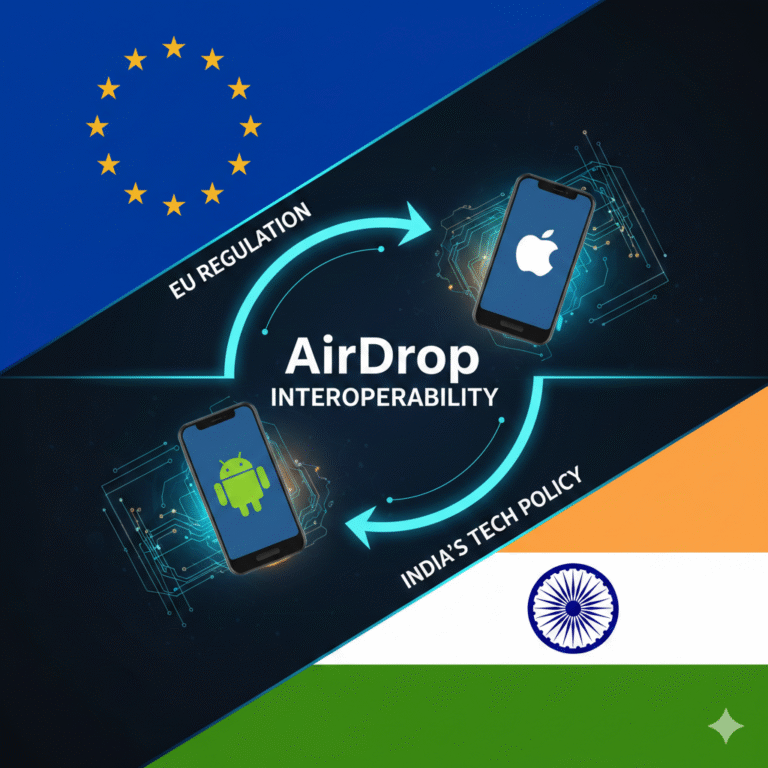Introduction
Artificial Intelligence (AI) is changing the way we live, work, and even eat. From personalized diet plans to AI-powered food delivery systems, technology is influencing our food habits more than ever. Whether it’s helping us make healthier choices, reducing food waste, or even creating new food alternatives, AI is shaping the future of food consumption in ways we never imagined.
In this blog post, we will explore how AI is transforming food habits, making our diets smarter, sustainable, and more personalized.
AI in Personalized Nutrition
AI is revolutionizing the way we think about nutrition by offering customized diet plans based on individual health goals, dietary restrictions, and preferences.
AI-Powered Nutrition Apps
Several AI-driven nutrition apps analyze eating patterns and suggest healthier alternatives. These apps use data from fitness trackers and health apps to create personalized diet plans.
- MyFitnessPal and Foodvisor use AI to track calorie intake and suggest healthier meals.
- Lumen analyzes breath samples to determine the body’s metabolism and suggests foods accordingly.
- Yummly offers AI-based recipe recommendations tailored to individual dietary needs.
With AI’s ability to analyze vast amounts of data, it can help individuals make informed food choices, leading to healthier eating habits.
AI in Food Recommendations and Meal Planning
AI-driven meal planning and recommendation systems are becoming increasingly popular. Whether it’s recommending a dish at a restaurant or suggesting what to cook at home, AI is making decision-making easier.
How AI is Changing Food Choices
- Food Delivery Apps: AI in apps like Uber Eats, Swiggy, and Zomato learns user preferences and suggests meals based on past orders.
- Smart Refrigerators: AI-enabled refrigerators, like Samsung’s Family Hub, track food inventory and suggest recipes based on available ingredients.
- Recipe Platforms: Websites like Tasty and AllRecipes use AI to recommend dishes based on dietary needs, cooking skills, and ingredients at hand.
With AI, meal planning is not only convenient but also optimized for better nutrition.
AI in Food Sustainability and Waste Reduction
Food waste is a global issue, and AI is stepping in to minimize it. By predicting consumption patterns, AI helps individuals and businesses reduce unnecessary food waste.
AI-Powered Waste Reduction
- Smart Sensors: AI-driven kitchen devices can monitor food freshness and alert users before items expire.
- Grocery Store Optimization: AI predicts customer demand, helping supermarkets stock just the right amount of food.
- Food Rescue Programs: AI helps connect restaurants with food rescue organizations to donate surplus food.
With AI, we are moving towards a future where food waste is significantly reduced, making food consumption more sustainable.
AI in Food Manufacturing and Processing
AI is not just influencing what we eat but also how food is produced. Food processing industries are using AI to improve efficiency, ensure safety, and create innovative products.
AI in Food Production
- Automated Cooking Systems: AI-powered robots are cooking in fast-food chains like McDonald’s and Domino’s.
- Quality Control: AI detects contaminants in food processing plants, ensuring safe and high-quality products.
- Lab-Grown Meat: AI is helping companies like Beyond Meat and Impossible Foods develop plant-based and lab-grown meat alternatives.
AI is revolutionizing food production, making it safer, faster, and more sustainable.
AI in Food Safety and Quality Control
Ensuring food safety is one of the most critical aspects of the food industry. AI is helping detect and prevent contamination in food products, making consumption safer.
AI’s Role in Food Safety
- AI-Powered Inspection Systems: Companies like Nestlé and Tyson Foods use AI to detect defects and contamination in food items.
- AI in Supply Chain Management: AI tracks food from production to delivery, ensuring it remains fresh and safe.
- AI for Food Labeling: AI helps brands create more transparent labels, giving consumers better insights into what they are eating.
AI is playing a vital role in ensuring that the food we consume is safe, fresh, and high quality.
AI in the Future of Eating Habits
As AI continues to evolve, its impact on food habits will grow. From AI-powered smart kitchens to fully automated grocery shopping, the future of eating is changing.
What’s Next?
- AI-Generated Recipes: AI can create unique recipes based on individual taste preferences and dietary requirements.
- Voice-Controlled AI Cooking Assistants: Devices like Alexa and Google Home are becoming smarter in helping with cooking instructions.
- AI for Global Food Security: AI is being used to analyze global food trends and address food shortages in underdeveloped regions.
AI is not just improving food habits but shaping the future of how we consume and think about food.
Conclusion
Artificial Intelligence is revolutionizing the way we eat, offering personalized nutrition, reducing food waste, improving food safety, and even creating new food alternatives. As AI continues to advance, its impact on our food habits will only grow, making our diets healthier, more sustainable, and more efficient.
The future of food is intelligent, and AI is at the heart of this transformation. Whether you’re looking to eat healthier, reduce waste, or explore new food trends, AI is here to help.
So, how is AI influencing your food choices? Let us know in the comments!










+ There are no comments
Add yours